Favoritism Hurts Everyone Involved. Here’s Why.
It is not news that teachers have favorite students; it is a common occurrence, and if you are a student, you can probably tell who the favorites are in some of your classes. You may or may not be one of them.
While no one likes being a non-favorite, most people on both sides are aware that this non-favorite status hurts, and sometimes it can hurt a lot. However, what many fail to realize is that favoritism also hurts those who are favorites.
No, the trouble does not start while they are the teacher’s students, but it actually occurs later on in life when the teacher can no longer help them.
How Favoritism Hurts the Favored
A favored student will probably have a friendship with their teacher, receive better grades than deserved, and will be allowed to get away with more than a regular student. While this may appear as a positive for them in the short-term, it creates unrealistic life expectations for them. In class, they are sometimes handed rewards or given opportunities when hard-working kids are overlooked. This gives them a sense of entitlement/over-confidence. Then, later on in life, when they must work for what they want, when their work does not meet the new standards, or when they cannot receive a freebie, their self-esteem drops.
How Favoritism Hurts the Non-Favorites
Does favoritism actually hurt non-favorites? While some may argue that it does not, many would strongly disagree. By picking favorites, the other students begin to see themselves as of less value or worth, and develop lower self-esteem, despite in some cases being just as capable and talented as the “teacher’s pets”.
Favoritism especially hurts those who are disliked by their teachers, specifically those who are disliked without just reason. These students are less likely to be given the benefit of the doubt on examinations, and are therefore likely to receive slightly lower scores than their neutral and favored counterparts. The disliked can begin to dislike school, as they believe the teacher is out to get them. This can also cause grades to slip as students lose interest in their studies.
Are There Any Real Solutions?
While no solution may work 100% of the time, there are several ways to lessen the amount of favoritism, and its damage, in classrooms.
Teachers are the leaders of their classrooms and have the power to uplift their students or tear them down. This power should be wielded justly.
In order to ensure that favoritism does not occur, teachers must do their best to treat every student fairly and equally. Teachers should not make assumptions about a person’s character or ability, but should get to know them instead (but only on a teacher-student level, not as friends).
Students should be treated the same. This does not mean, however, that if one student does wrong that the whole class should be punished. This means that the teacher should respect their role as teacher, and not become too friendly with the students. School is a place that is strictly business, and teachers should speak with each student in the same way. Teachers should hide their preferences well enough to keep students guessing as to who the teacher favors.

Christina is a senior at Somerset Academy Canyons and has been attending Somerset since its inaugural year. She's really excited to work with her fellow...

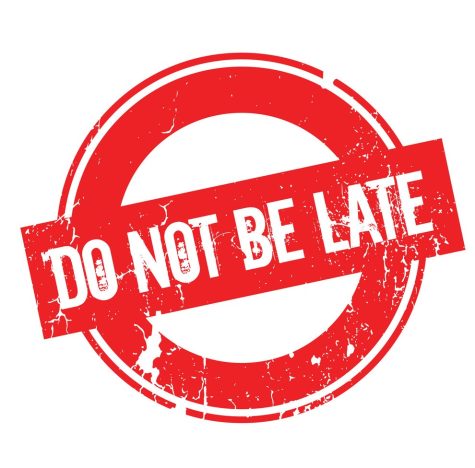
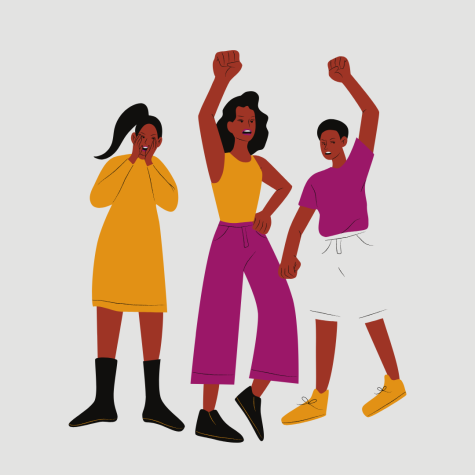
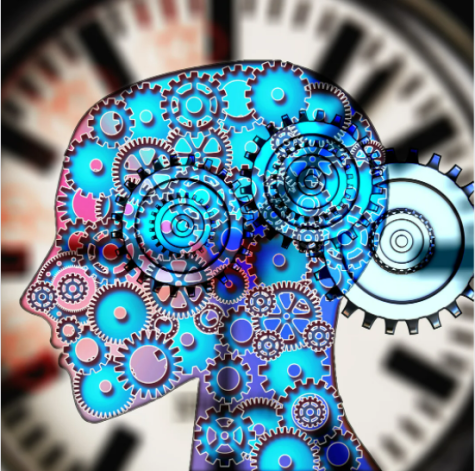
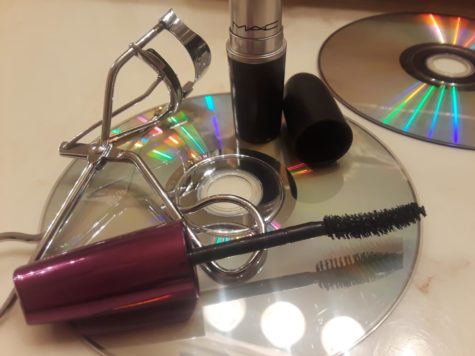

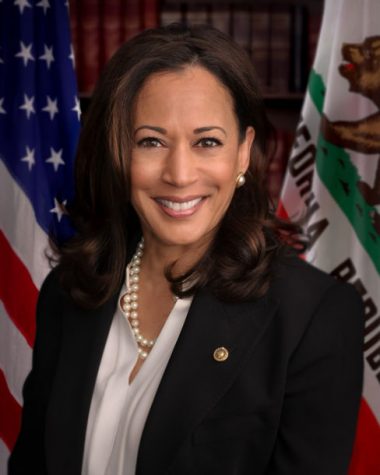

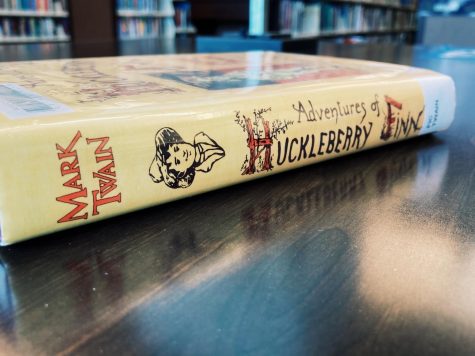
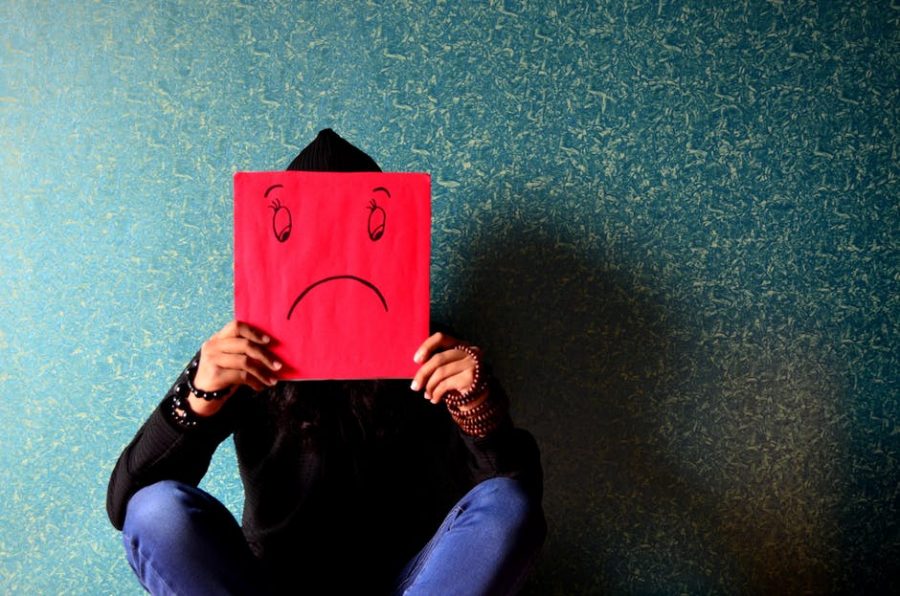
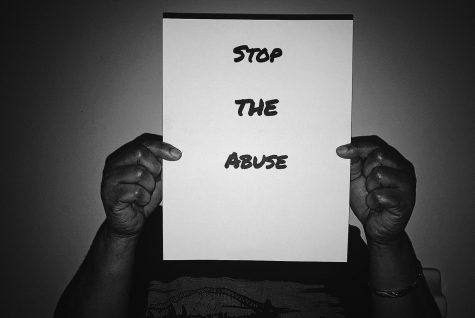
Marissa • Mar 7, 2018 at 10:25 AM
Good job on this article. And, I completely agree. Favoritism can hurt. I have some teachers who love me, and the other ones are fine with me. My advice is, if a teacher doesn’t like you, to boost their opinion of you, you can simply ask how their day is.